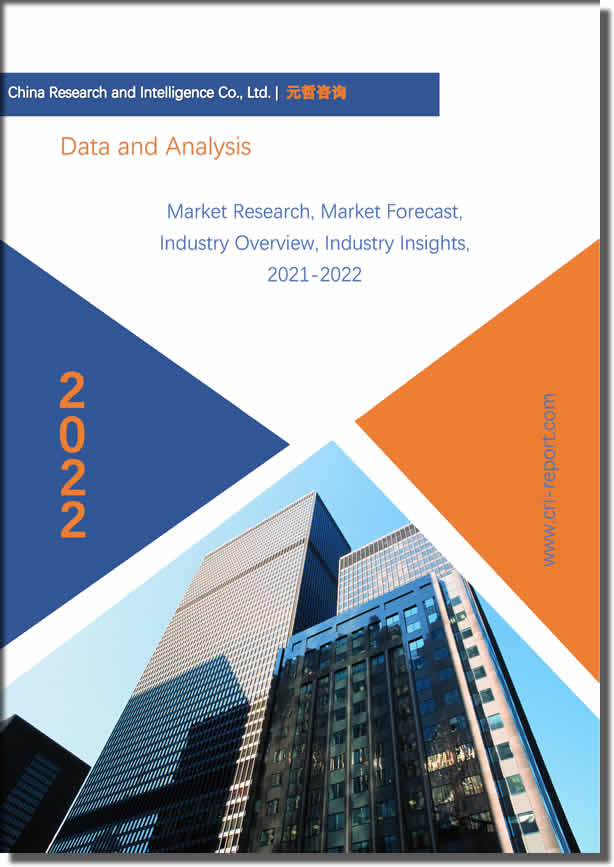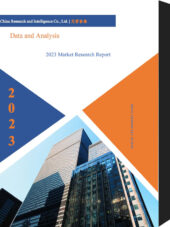Description
Smart Farming Market
Global Smart Farming Market to surpass USD 24.5 billion by 2030 from USD 12.8 billion in 2020 at a CAGR of 10.6 % in the coming years, i.e., 2021-30.
Product Overview
Smart farming is a revolutionary farming idea that uses advanced technology to enhance agricultural products in both quantity and quality. The world’s rising demography is causing demand for more food and crops. This enables the farmer to cut their manual efforts, optimize resources use and increase crop production by increasing the advancement of new technologies, including large data services, cloud-based data services, livestock biometrics, farming robots, GPS and the IoT. Smart agricultural technology focuses on the improved efficiency that can be achieved through the implementation and understanding of various technologies and the management of natural variability in agriculture.
Market Highlights
Global Smart Farming Market is expected to project a notable CAGR of 10.6% in 2030.
The main driving forces behind the growth of Smart Farming include increased agricultural mechanisms in developing countries, rising labour costs as a result of a lack of skilled labour, increased pressure for food supplies in the world as a result of increasing population, significant savings on smart farming techniques and government initiatives to adopt advanced agricultural technology. The increasing need for optimal crop production with scarce funds gives it tremendous popularity among farmers.
Global Smart Farming Market: Segments
Precision segment to grow with the highest CAGR during 2020-30
Global Smart Farming market is segmented by type into Precision Farming, Livestock Monitoring, Smart Greenhouse, Others. Precision animal tracking helps track animal health, manufacturing and welfare in real-time to ensure optimum returns. The industry players have been encouraged to concentrate on new product launches and significant economies of the cost related to livestock monitoring, such as increasing the size of milk farms and the technical advances like animal tracking.
Hardware segment to grow with the highest CAGR during 2020-30
Global Smart Farming is divided by offering into Hardware-Sensors, GPS, Yield Monitors; Software; Services. Due to the high use of automation and control instruments—drones/UAVs, GPS/GNSS, drainage controllers, guidance and traction control, yield monitoring and sensor control, the hardware was the fastest-growing share in 2020. The increasing use of new technologies and advanced equipment for Smart agriculture is anticipated to lead to the development in the hardware Smart agriculture market. The precise agricultural market for services is anticipated to boost at the highest CAGR during the forecast period, increasing demand for managed services contributes positively to the success of the market in Smart agricultural services.
Market Dynamics
Drivers
Penetration of technologies such as VRT and guidance.
Increases in productivity and decline of overhead labour have been caused by the use of technology such as VRT, remote sensing, GPS, GIS and guidance technology in Smart farms. The use of state-of-the-art agricultural equipment based on devices has helped the best utilization of resources. Smart agricultural equipment based on state-of-the-art technology not only contributes to the basic savings by lowering the labour cost but also significantly enhances farm operations.
Increase in overall productivity
The exhaustion of natural resources and environmental deterioration are some of the factors that limit cultivation. Growing environmental concerns encourage farmers to focus on sustainable farming practices, like natural resource conservation. This has led to the need to improve the nutrition and protection of crops and to enhance the Smart farming market. Multiple growth opportunities have been developed through technological innovations such as vertical farms with intelligent designs to maximize yields and cut waste.
Restraint
Lack of technological know-how
Smart farming is a smart farming technique requiring technical knowledge. Limited knowledge about and the use of advanced technologies creates an imbalance between comprehension and implementation of the concepts in the field of precise agriculture. While several governments and market players around the world take initiatives to provide training and advising farmers on the use of Smart agriculture, many farmers are not involved. Similarly, limited technical know-how is hindering the growth of the Smart farming industry by farmers in developing countries like China, India and Brazil.
Global Smart Farming Market: Key Players
Deere & Company (US)
Company Overview, Business Strategy, Key Product Offerings, Financial Performance, Key Performance Indicators, Risk Analysis, Recent Development, Regional Presence, SWOT Analysis
Argus Control Systems Ltd. (Canada)
Agribotix LLC (U.S.)
Autonomous Solutions, Inc. (U.S.)
CNH Industrial (UK)
CLAAS (Germany)
CropZilla Software, Inc. (U.S.)
Raven Industries (US)
AgJunction (US)
The Climate Corporation (US)
Other Prominent Players
Global Smart Farming Market: Regions
Global Smart Farming market is segmented based on regional analysis into five major regions. These include North America, Latin America, Europe, Asia Pacific and the Middle East and Africa. Global Smart Farming in North America held the largest market share of XX.X% in the year 2020. Countries like the United States and Canada in America are the first to implement Smart farming technologies, which is a key reason for this region’s significant growth. Agricultural systems and equipment in the region, like steering systems, guided systems, sensors, display devices and farm management software, are widely adopted by farmers. Increasing use in various agricultural applications of technological advancements, reducing labour levels, consolidating farms, increasing population, and the increasing demand for high productivity from current farming areas are some other factor driving growth in the American Smart farming market.
Global Smart Farming Market is further segmented by region into:
North America Market Size, Share, Trends, Opportunities, Y-o-Y Growth, CAGR – United States and Canada
Latin America Market Size, Share, Trends, Opportunities, Y-o-Y Growth, CAGR – Mexico, Argentina, Brazil and Rest of Latin America
Europe Market Size, Share, Trends, Opportunities, Y-o-Y Growth, CAGR – United Kingdom, France, Germany, Italy, Spain, Belgium, Hungary, Luxembourg, Netherlands, Poland, NORDIC, Russia, Turkey and Rest of Europe
Asia Pacific Market Size, Share, Trends, Opportunities, Y-o-Y Growth, CAGR – India, China, South Korea, Japan, Malaysia, Indonesia, New Zealand, Australia and Rest of APAC
Middle East and Africa Market Size, Share, Trends, Opportunities, Y-o-Y Growth, CAGR – North Africa, Israel, GCC, South Africa and Rest of MENA
Global Smart Farming Market report also contains analysis on:
Smart Farming Segments:
By Type
Smart Farming
Livestock Monitoring
Smart Greenhouse, Others
By Offerings
Hardware-Sensors
GPS
Yield Monitors
Software
Services
Smart Farming Market Dynamics
Smart Farming Market Size
Supply & Demand
Current Trends/Issues/Challenges
Competition & Companies Involved in the Market
Value Chain of the Market
Market Drivers and Restraints
Smart Farming Market
Report Scope and Segmentation
Frequently Asked Questions
How big is the Smart Farming market?
What is the Smart Farming market growth?
Which segment accounted for the largest Smart Farming market share?
Who are the key players in the Smart Farming market?
What are the factors driving the Smart Farming market?




Reviews
There are no reviews yet.